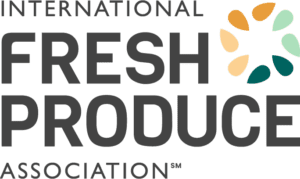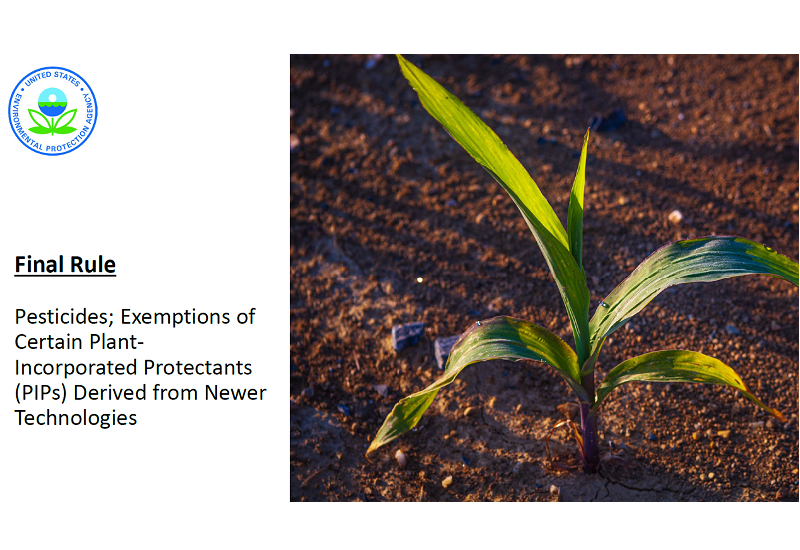May 25, 2023IFPA joins ag groups with dissent on EPA rule
The EPA’s final rule on Plant Incorporated Protectorants (PIPs) has drawn opposition from ag groups and researchers, including the International Fresh Produce Association.
The EPA released the rule on May 25. PIPs are pesticidal substances produced by plants naturally, and the genetic material necessary for the plant to produce that substance.


“Even though IFPA, other organizations and researchers provided EPA with abundant science-based feedback throughout the process, we are disappointed in the profoundly misguided and ill-informed document released by the agency,” Max Teplitski, IFPA’s chief science officer, said in a statement. “Its harmful consequences will be far-reaching.”
The ability to produce food on a rapidly warming planet with the population growth of earth is threatened by the lack of land suitable for agricultural production, according to the statement. Some synthetic inputs (both pesticides and fertilizers) have already been banned, and no effective chemicals to control many plant pests and pathogens exist.
Citrus, bananas and cacao are on the verge of extinction from commercial production because of citrus greening, Fusarium oxysporum and Phytophtora, thus undermining local economies, trade and nutritional security, according to Teplitski’s statement.
Many temperate staple crops are similarly under threat of new pests and diseases encroaching as temperatures rise.
“The only opportunity to prevent Irish potato famine-like devastation is to invest into novel modern breeding-based approaches,” Teplitski said in the statement. “Make no mistake: EPA’s final rule on Plant Incorporated Protectants brings us not one, but many steps closer to such a devastating outcome.”


The SECURE (Sustainable, Ecological, Consistent, Uniform, Responsible, Efficient) Rule concerns the USDA’s oversight of biotechnology regulations.
“The bureaucratic burden that this (EPA) rule erects to disprove such an inconceivable and improbable hypothesis will kill innovative start-ups, dissuade academic and government researchers from even considering working on these projects, and will rob growers — once again — of tools of food production,” according to the statement.
The EPA decision departs from a long history of U.S. regulatory rule making that focused on outcomes, and not on the process, Teplitski said, adding that the process of gene editing is not any more dangerous than other plant breeding approaches. Creating a process-based rulemaking (instead of focusing on outcomes), the rule invites a “dangerous slippery slope” of EPA inserting itself into the process of innovation.
“This will stifle domestic innovation,” according to the statement. “No one expects EPA regulators to understand cutting-edge technologies, and the agency’s insistence on inserting itself into the discovery process will ensure no positive outcomes for consumers, for the innovation economy, and — frankly — for the planet.”
Teplitski also questions the rule’s effects in light of the Biden administration’s goals in advancing biotechnology and biomanufacturing innovation, according to an Executive Order from September 2022, and the administration’s efforts to combat climate change.















